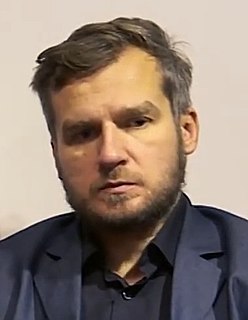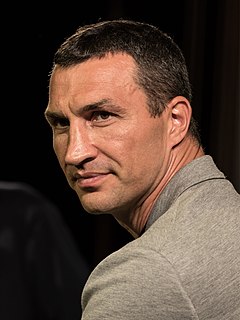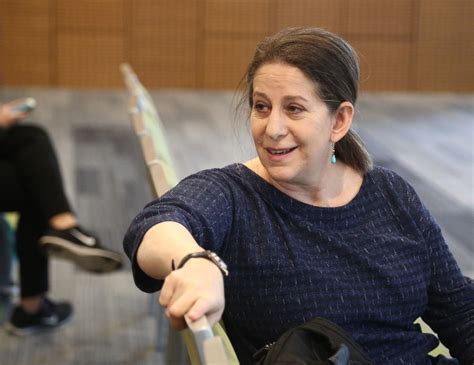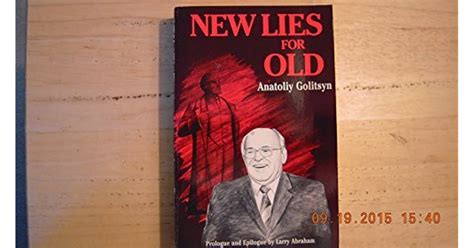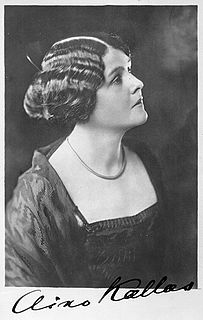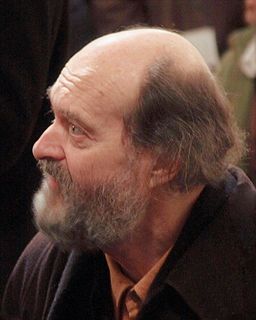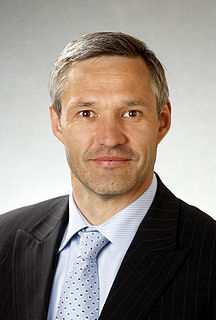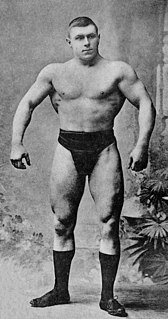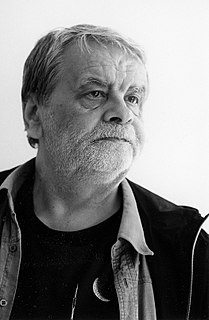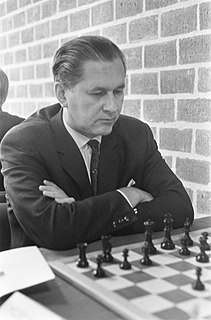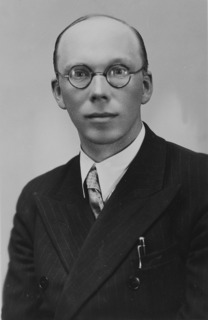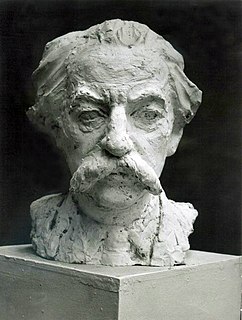A Quote by Jaak Kilmi
The Soviet Union wasn't so closed - it wasn't North Korea. It was a practical system. People were creative and industrious, so if they wanted to see Western TV programs, they would invent a way to do so. It's strange in a way. There was an official truth, and there was daily life.
Related Quotes
North Korea is no threat at all. I have already spoken about it during countless televised interviews. I visited North Korea and mingled with its people. There, nobody wants war. The North Korean people paid a terrible price for their independence. Its civilians were murdered mercilessly in tunnels by Western forces; its women were brutally raped, entire villages and towns leveled to the ground, or burned to ashes. All this is never discussed in the West, but is remembered in North Korea.
Why were the Europeans bothered about the Soviet Union at all? It was nothing to do with us. China had nothing to do with us. Why were we not building, without reference to the Soviet Union, a good society in our own countries? But no, we were all - in one way or another - obsessed with the bloody Soviet Union, which was a disaster. What people were supporting was failure. And continually justifying it.
The Soviet transition to a new political structure shows that the Soviet strategists are thinking, planning and acting in broad terms, way beyond the imagination of Western politicians. For this reason Western politicians cannot grasp the fact that the Soviet intention is to win by 'democratic' means. Through transition to a new system, the Soviets are revitalising their own people and institutions, and they are succeeding. Contrary to Western belief, they are holding their ranks together.
The Soviet Union was brought down by a strange global coalition of Western European conservatives, Eastern European nationalists, Russian liberals, Chinese communists, and Afghan Islamic reactionaries, to name only a few. Many of these discordant groups disliked the United States intensely. But Americans were able to mobilize them to direct their ire at the Soviet Union first.
I think the regime in North Korea is more fragile than people think. The country's economic system remains desperate, and one thing that could happen for example would be under a new government in South Korea, to get the South Korean government to live up to its own constitution, which says any Korean who makes it to South Korea, is a Korean citizen. A citizen of the Republic of Korea. And you could imagine the impact that would have inside North Korea if people thought, "If I could get out and make it to South Korea, I could have a different life."
This much I would say: Socialism has failed all over the world. In the eighties, I would hear every day that there is no inflation in the Soviet Union, there is no poverty in the Soviet Union, there is no unemployment in the Soviet Union. And now we find that, due to Socialism, there is no Soviet Union!
During 1989, my mother, who was exceedingly good at finding these free programs - you know, we were on welfare, just trying to get through - but she would find these amazing programs. She sent me to the Soviet Union at the age of 12 to go study in the forest of then-Leningrad with 50 other Soviet kids.
Strong countries and strong presidents talk to their adversaries. That's what Kennedy did with Khrushchev. That's what Reagan did with Gorbachev. That's what Nixon did with Mao. I mean think about it. Iran, Cuba, Venezuela - these countries are tiny compared to the Soviet Union. They don't pose a serious threat to us the way the Soviet Union posed a threat to us. And yet we were willing to talk to the Soviet Union at the time when they were saying we're going to wipe you off the planet.
THe Chinese like the satellite state [North Korea] between China and our forces, they fear that in a reunified Korea, American troops would be at the Yalu River and they've seen that movie before. They didn't like it the first time they saw it and they don't like it any better today. So they are quite happy with the divided Korean peninsula and that's a fundamental difference between the way they see things and the way we see things.
